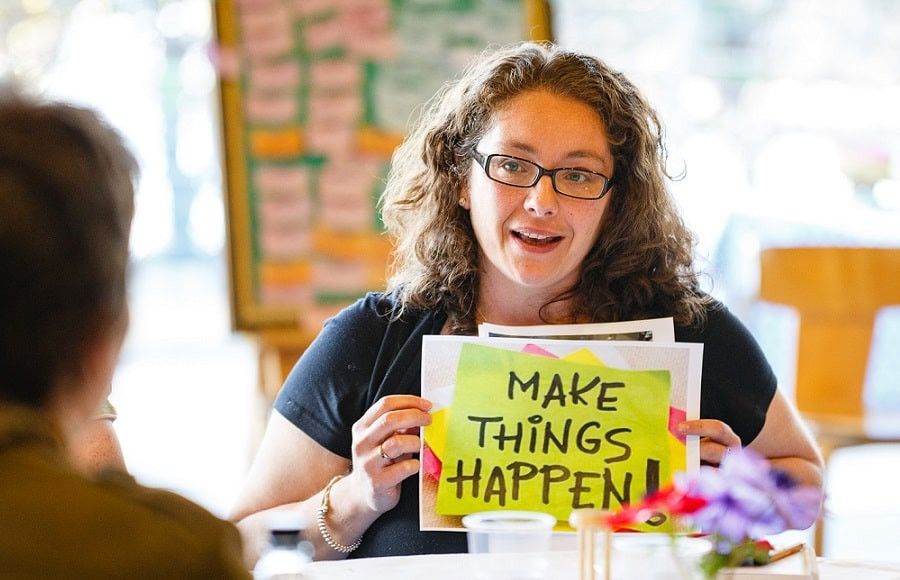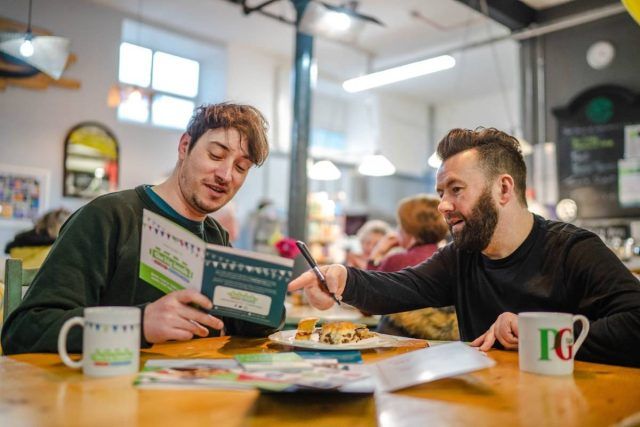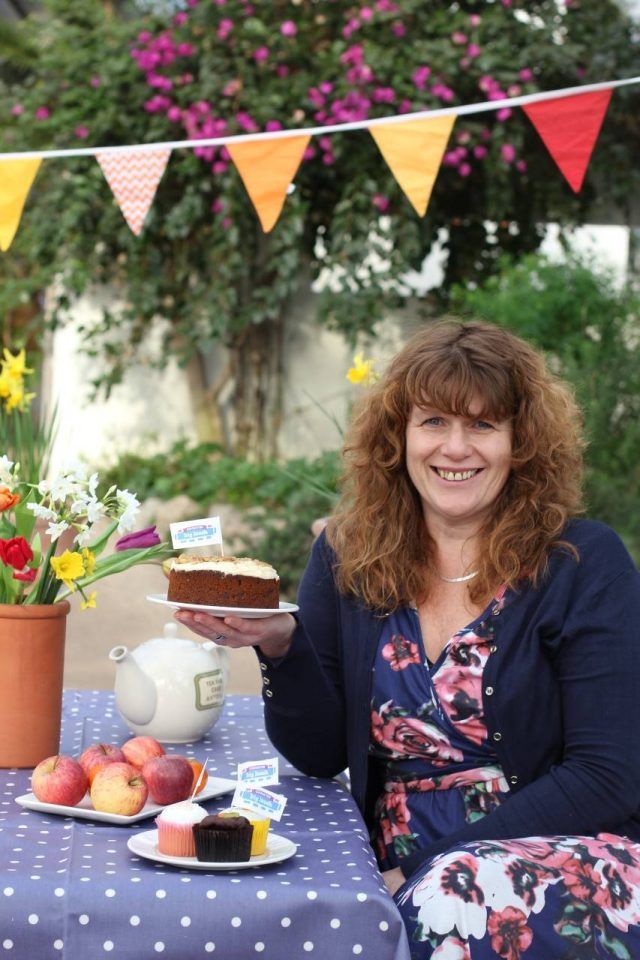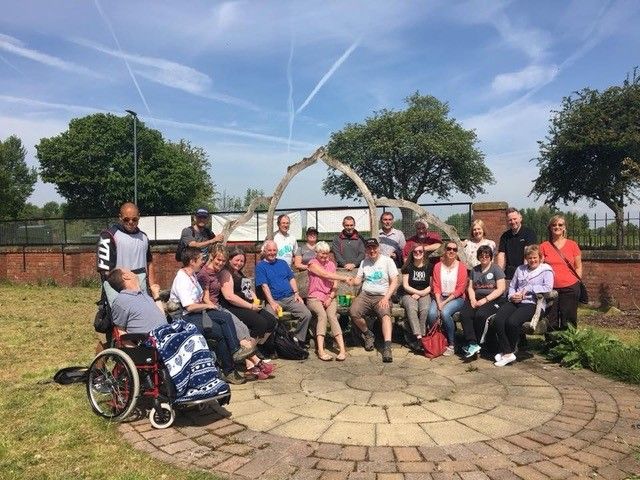How to deal with loneliness
We will all know someone who is lonely or struggling; we may even be lonely or struggling ourselves. Too often we admit to neither and are unsure how to reconnect with the world. Building personal networks and stronger neighbourhoods and communities can, and will, make a difference.

There are things we can all do within our neighbourhoods to help
- start with your street — say hello when you see people and try to get to know your neighbours. Some neighbourhoods have a ‘chatty bench’ with a sign inviting people to sit and talk
- take a look at the people around you where you live and work – could you start a book swap, book club, walking group or charity quiz night (teams made up on the day!) at a local cafe or pub?
- perhaps you have a skill you’d be happy to share or ‘trade’?
- start or join a social network for your area like Nextdoor
- take part in The Great Winter Get Together
- Local Trust have created a handbook full of tips, activities and inspiration all about a community response to loneliness. You can download it free here
- hold a Big Lunch and start connecting neighbours where you live – around 50% of people who organise one say they feel less isolated as a result
Watch our Language of Loneliness session
Tracey, our UK Head of Delivery, teamed up with Amy from loneliness charity The Marmalade Trust to discuss how we talk about loneliness. The session references the Covid-19 pandemic and was filmed during a heatwave – but don’t be put off – it’s still very relevant!
Read Tracey’s blog on why we should say no to ‘tackling’ loneliness and her own personal story.
What to remember if you’re lonely
- look after yourself, both physically and mentally
- smile and say hello, even when it’s hard
- create and safeguard your personal convoy: your friendships and social networks
- ask for help from friends, family or professionals
- talk about loneliness
- don’t give up: if you can, get out, get involved
- give the gift of time: you could become a volunteer (or signing up to receive calls) from Age UK’s telephone friendship service
- you are not alone — anyone can be lonely
- make every contact and conversation count
- loneliness can affect you, both physically and mentally
- look out for opportunities to meet people and cultivate new friendships and social interactions
- expect the best. Lonely people often expect rejection, so instead, focus on the positive
You are not alone — anyone can be lonely

More than two thirds of adults in the UK experience loneliness
Research by The Big Lunch has found that social interaction is declining…

Say no to ‘tackling loneliness’
Tracey Robbins, our Head of UK Delivery, talks about her experience with…

10 ways to keep connected
Making someone’s day and reducing loneliness can start with the smallest of…
How we brought isolated people together — with coffee and a caravan!
Ann Osborn is the Director of the Rural Coffee Caravan in Suffolk. The mobile community cafe and information centre helps to alleviate isolation in…

Carlisle Council
Carlisle, the ‘urban capital’ of the County of Cumbria in NW England, has a council which has been supportive of The Big Lunch since…
Hungry for more?
Sign up to our newsletter for a monthly dose of fun ideas, handy information and inspiring good news stories.